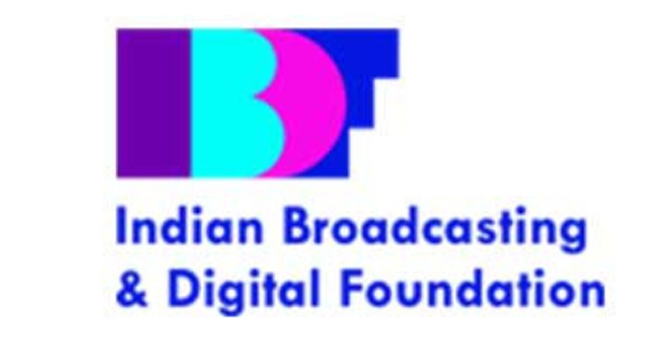While appreciating the Telecom Regulatory Authority of India (TRAI)’s efforts to seek industry inputs for a full-fledged consultation paper on the proposed National Broadcasting Policy (NBP), the IBDF has said key ‘existential concerns’ do not reflect in the pre-consultation process.
The Indian Broadcasting & Digital Foundation (IBDF), an industry body comprising linear TV channels as members, said in its submission to the TRAI pre-consultation paper on broadcast policy, “The NBP does not address key existential concerns faced by the sector. The broadcast sector is facing an existential crisis due to misplaced priorities, prescriptive and heavy-handed price regulations, and lack of clarity and certainty on regulatory framework.
“The Pre-CP on the NBP ignores these key issues and places disproportionate focus inter-alia on the social goals and public objectives of the public broadcaster and involving the private sector in these.”
While acknowledging the scope of the pre-consultation paper (CP) is as per the official remit of the TRAI, IBDF, however, stressed, “We have preliminary concerns and objections about the scope, ambit, and topics covered in the Pre-CP, as we believe that on the vast majority of issues, the Pre-CP goes beyond TRAI’s jurisdiction.
“These are important jurisdictional issues that go to the core of the Pre-CP and should be decided as preliminary issues at the outset before proceeding further with the exercise.”
IBDF, instead, suggests an alternative to the NBP. It proposed that the government could consider a principle-based policy and “vision statement to iterate high-level goals, rather than dealing with relevant individual aspects”.
“A principle-based policy can be designed to be flexible enough to be applied to a wide range of situations, and to allow for innovation and creativity in how the policy is implemented,” the IBDF suggested.
It said the suggested principle-based policy, instead of the proposed NBP, could keep the following in mind while being formulated:
(i) A robust self-regulatory framework and forbearance on economic regulation.
(ii) The need to nurture creativity in content production and foster innovation in distribution technologies.
(iii) The need to protect freedom of speech and expression.
(iv) The importance of market-driven licensing and negotiations.
(v) The need for flexibility and adaptability to changing consumption patterns and technological innovations in sectoral and regulator capabilities.
(vi) The need to recognise, protect and uphold the primacy of intellectual property rights protection in content-driven industries and the need for sector-specific copyright enforcement measures.
IBDF also voiced its concerns against including the digital media as part of the NBP or any other such policy.
“The NBP pre-consultation solicits policy suggestions for policy and regulation of ‘digital media’, which (i) the TRAI does not have jurisdiction over and (ii) is separate from broadcasting. We humbly submit that digital media is not part of the broadcasting ecosystem and, therefore, should not be covered under the proposed policy,” the IBDF added.
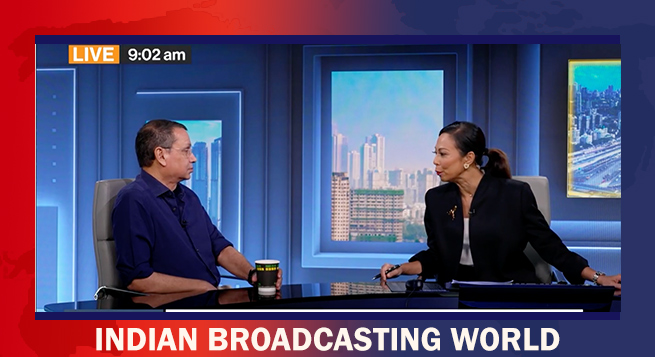 JioStar vice-chair Uday Shankar on surge in streaming subs, trade tariff challenges
JioStar vice-chair Uday Shankar on surge in streaming subs, trade tariff challenges 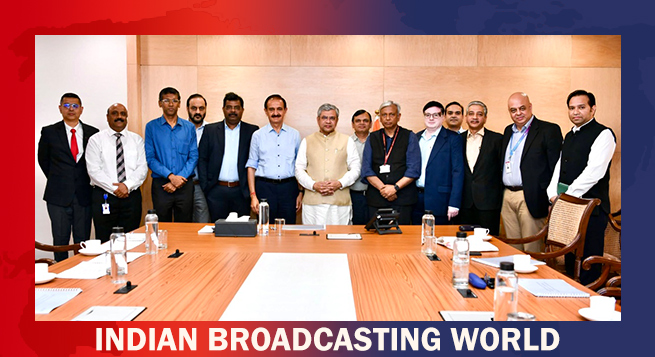 AIDCF team discusses industry issues with Vaishnaw
AIDCF team discusses industry issues with Vaishnaw 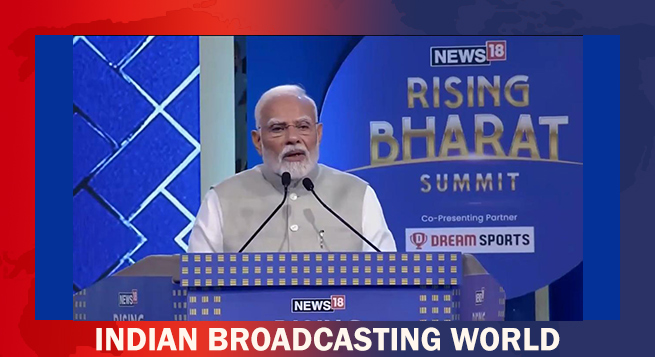 PM Modi: WAVES will empower Indian content creators go global
PM Modi: WAVES will empower Indian content creators go global  Meta rolls out ‘Teen Accounts’ feature to FB, Messenger
Meta rolls out ‘Teen Accounts’ feature to FB, Messenger 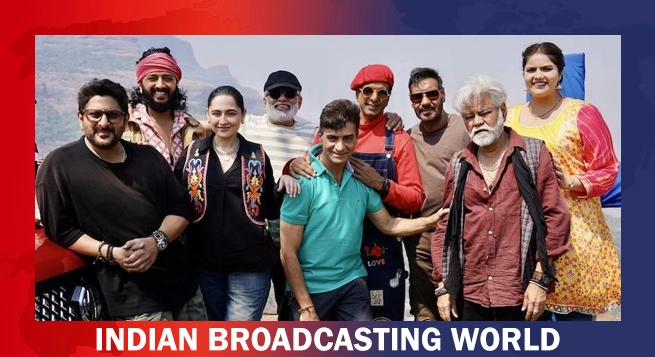 Sri Adhikari Brothers join hands with Maruti Films for ‘Dhamaal 4’
Sri Adhikari Brothers join hands with Maruti Films for ‘Dhamaal 4’ 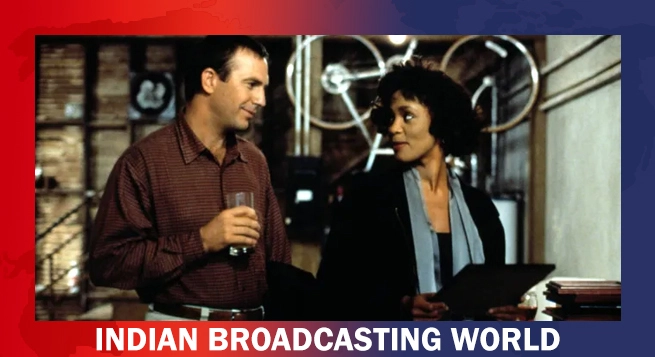 Warner Bros to remake ‘The Bodyguard’
Warner Bros to remake ‘The Bodyguard’  Priyanka to reunite with Hrithik Roshan in ‘Krrish 4’
Priyanka to reunite with Hrithik Roshan in ‘Krrish 4’  Nawazuddin Siddiqui to headline ZEE5’s ‘Costao’
Nawazuddin Siddiqui to headline ZEE5’s ‘Costao’ 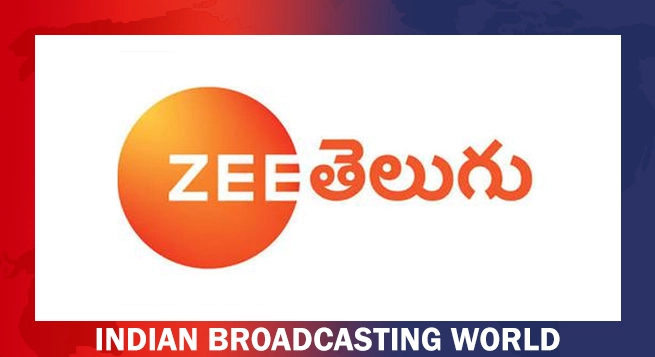 Zee Telugu unveils ‘Drama Juniors’ S8
Zee Telugu unveils ‘Drama Juniors’ S8 


